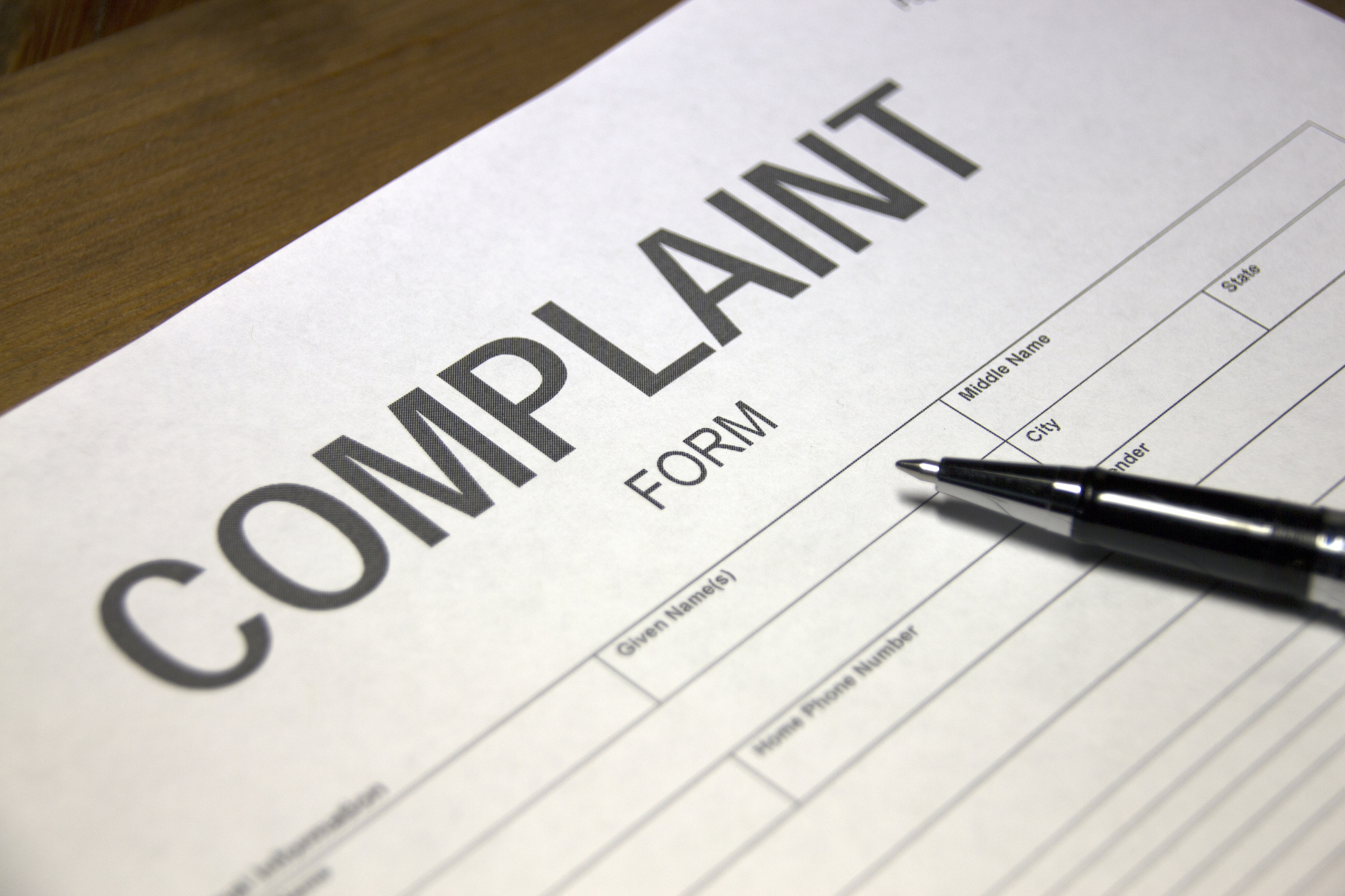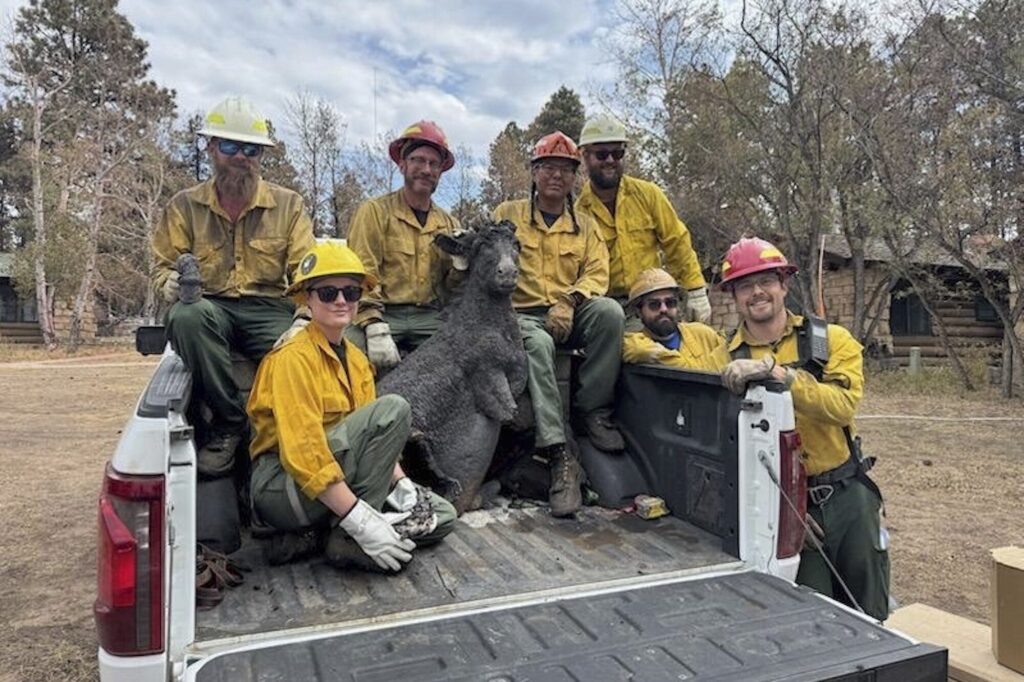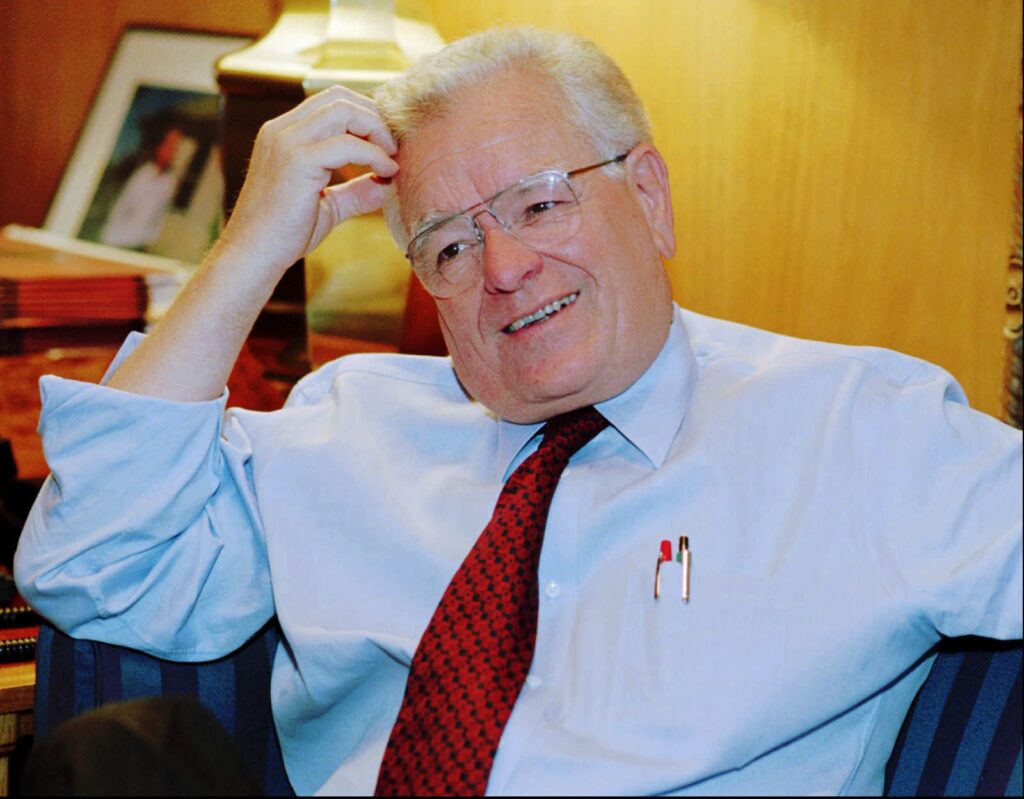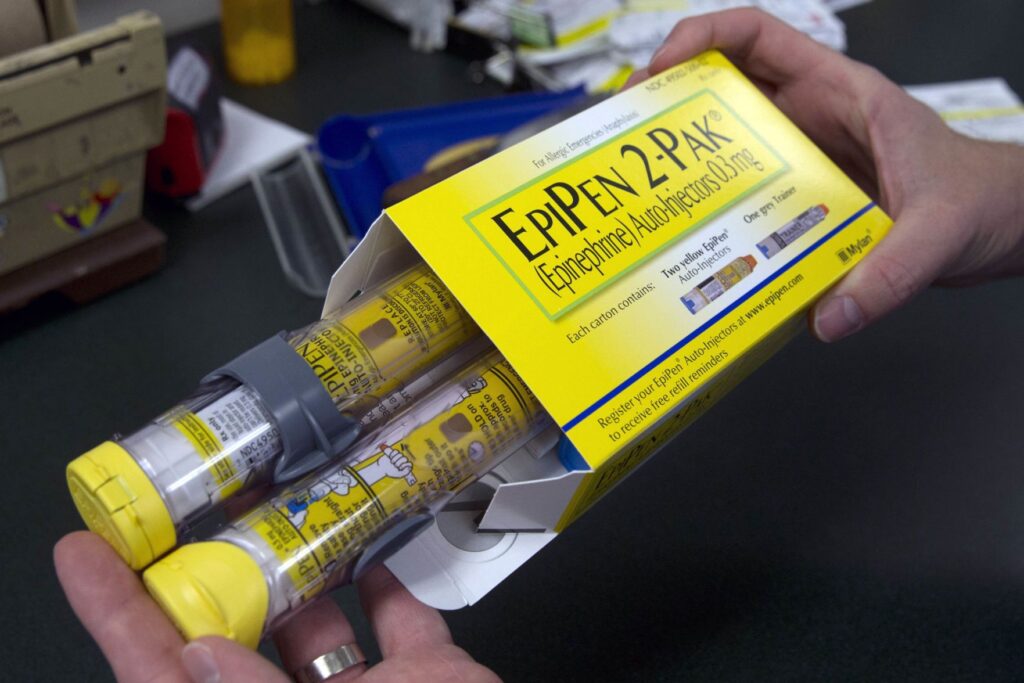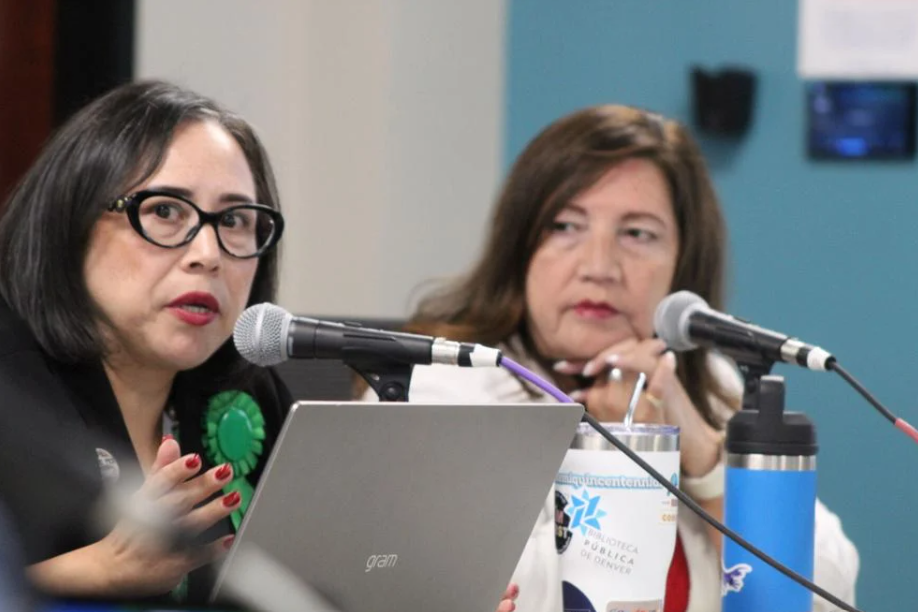Campaign finance complaints target gun-rights group, unaffiliated backers

A campaign finance committee operated by Rocky Mountain Gun Owners has been hit with a complaint over failure to fully disclose information about its contributors.
The complaint, filed Tuesday with Secretary of State Wayne Williams by Denver Democrat Jean Grattet, alleges the Loveland-based gun-rights advocacy group’s committee listed 13 contributions of $100 or more but failed to list the contributors’ occupations or employers, as required by Colorado campaign finance law.
Under a state law passed in 2017, once a finance committee has been notified of a violation, it has 15 days to correct the problem without penalty.
RMGO’s Dudley Brown told Colorado Politics in a statement that the committee made “a good faith attempt to acquire occupation and employer from every donor. We are reviewing our records, but believe we have complied with the law.”
A second complaint also surfaced in the past week against Unite Colorado, which is raising money for unaffiliated candidates. That second complaint, filed last Friday, came from Campaign Integrity Watchdog (CIW), which is run by Matt Arnold.
The CIW complaint alleges Unite Colorado registered one of its two committees as an independent expenditure committee (IEC) and should have registered it as a political committee.
The difference? IECs are barred by law from coordinating with political candidates, but the CIW complaint alleges the Unite Colorado IEC broke that law and coordinated regularly with five Unite Colorado candidates – four for the House and one running for state Senate.
According to the complaint, Unite Colorado’s IEC made at least 10 in-kind contributions to the five candidates for canvassing and management services through a third-party company run by Unite Colorado employees.
Because CIW believed Unite Colorado’s IEC should be a political committee, it also meant that many of the contributions the committee accepted exceeded the donation limit for political committees, which is $575 per election cycle.
The IEC has raised more than $395,000 in the 2018 election cycle. Five contributions, according to TRACER, the state’s campaign finance system, exceeded $5,000 each, and that included two from Unite America at $125,000 and another at $75,000. The IEC also accepted a contribution of $175,000 from Unite America on Oct. 9 that wasn’t reported until three days after the complaint was filed.
In a statement to Colorado Politics, Unite America said the complaint was filed by “an activist with a long and strange history of abusing Colorado’s campaign finance system.” As to the complaint itself, there is no such organization as Unite Colorado; it is a state program under Unite America, which is a federal political committee that discloses its donors and spending to the Federal Election Commission. Unite America does not make any expenditures to support or oppose candidates and the only “Unite” organization that does make those kinds of expenditures is the two Unite Colorado committees – the Unite Colorado Election, an independent expenditure committee, and the Unite Colorado Grassroots Election Fund, a “small donor committee … neither of these entities are named in the complaints.”
However, the complaint’s major issues specifically target the Unite Colorado IEC.
The statement also says that “with the exception of the Unite Colorado Grassroots Election Fund, no organizations in the Unite movement have made contributions directly to Colorado candidates or have made independent expenditures in coordination with Colorado candidates — contrary to the claims in the complaint.” Finally, the company that handles canvassing and management, which Unite America said is a “mission-aligned consultancy, provides services to Unite organizations and candidates. Polestar and all Unite entities are independently governed and have written non-coordination policies in place. We are confident that when these and other facts are reviewed and the process is given a chance to play out, the complaints will be dismissed.”
The first complaint filed against Unite Colorado in September is in a kind of limbo, a decision by the secretary of state’s office that Arnold says doesn’t appear to come out of any rules pertaining to campaign finance.
The complaint, filed Sept. 17 by Democratic attorney Mark Grueskin on behalf of a handful of individuals, alleges many of the same issues: that Unite Colorado failed to register as a political committee, illegally coordinated with its endorsed candidates and accepted campaign contributions in excess of state limits.
But that case has hit an interesting delay. The Secretary of State’s Office had 10 days after the Sept. 17 filing, under its own rules, to decide whether there was any merit to the complaint and to move it forward to an administrative law judge. If without merit, the rules require the secretary of state to dismiss the complaint within 30 days of the original filing. The rule (18.2.6[d]) also says that if the elections division fails to forward the complaint within 30 days, it is automatically dismissed.
None of that happened.
Instead, the elections division issued a notice of initial review on Oct. 1 that said it would take another 30 days to look at the complaint and then render a decision on whether it should go to an administrative law judge. You won’t find that 30-day hold specifically outlined in the rules issued on June 19 that restructured how the secretary of state’s office handles campaign finance complaints.
Melissa Polk of the secretary of state’s elections division told Colorado Politics that the 10-day window after the initial complaint doesn’t give the respondent enough time to reply. That extra 30 days gives the elections division time to talk to the respondent, she said.
That doesn’t sit well with CIW’s Arnold, who said there’s nothing in the rules that gives the elections division the option to take another 30 days “to think about it.” The whole process, Arnold said, is “grossly unconstitutional.”
The change in how campaign finance complaints are handled came after a federal court judge ruled in June that Colorado’s campaign finance system was unconstitutional in how it mandated enforcement of those complaints. The system at that time allowed complaints “to be automatically forwarded without review for merit to an administrative law judge for review.”
Arnold claims that under the rules adopted by the Secretary of State’s Office on June 19, and in reaction to that federal court ruling, puts that office in the position of being judge, prosecutor and/or defense attorney. If a complaint is deemed to have merit by the elections division, it is then refiled by the elections division with the Office of Administrative Courts and the administrative law judges. That’s a prosecutorial role, Arnold said.
If the complaint is dismissed by the elections division, that’s substituting for the role of a defense counsel, according to Arnold. “That’s not how any of this is supposed to work,” he said.
